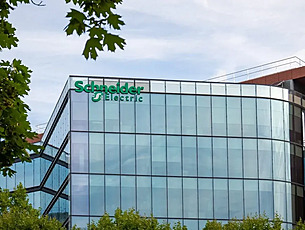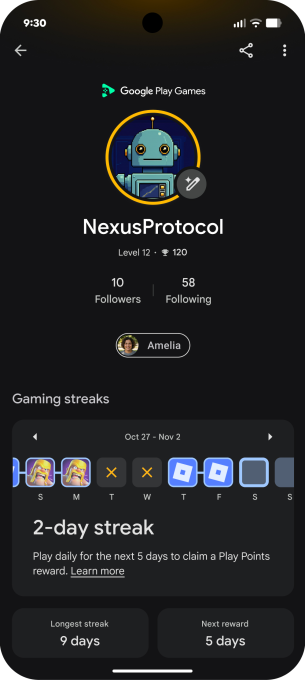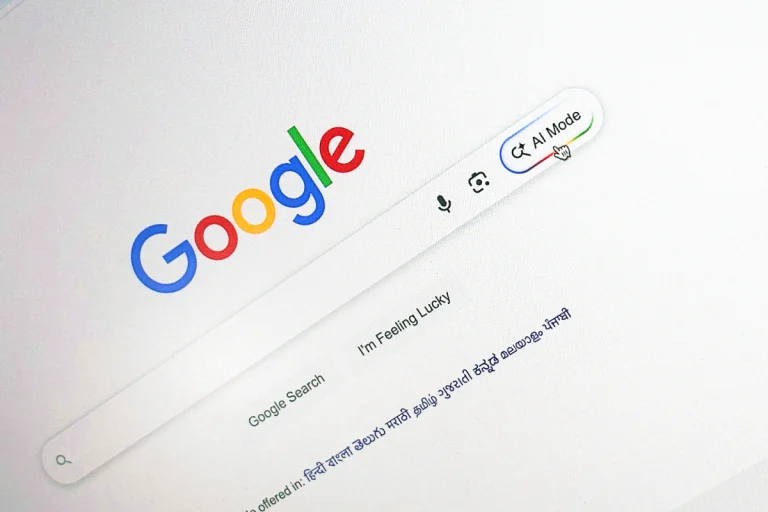
In a bold step toward the future of smart manufacturing, Schneider Electric has introduced an industrial-grade AI Copilot—developed in collaboration with Microsoft—that promises to ease the burden on today’s overstretched workforce.
The AI assistant, built on Microsoft’s Azure AI Foundry and deeply integrated into Schneider’s new EcoStruxure Automation Expert platform, is designed to do more than just automate tasks—it’s built to rethink how modern factories operate.
Why does this matter? The industrial sector is currently navigating a complex intersection: rising demands for output, shrinking labor pools, and the urgent need for systems that can adapt in real time. Schneider’s Copilot aims to bridge that gap.
Think of it as an AI engineer at your side: suggesting code, pre-checking for errors, accelerating deployment of new production lines, and enabling reuse of existing software libraries. This Copilot doesn’t just reduce mental load—it enhances creative problem-solving by giving engineers space to focus on complex tasks.
According to Aurelien LeSant, CTO of Industrial Automation at Schneider, “We’ve hit a pivotal moment. With generative AI, we can now unlock unprecedented levels of efficiency and flexibility. Our Copilot combines Microsoft’s cloud scale with Schneider’s domain expertise, making complex automation feel intuitive.”
The foundation of this Copilot is the EcoStruxure Automation Expert platform—the world’s first open, software-defined industrial automation system. This allows real-time integration across hardware and software, enabling AI to generate insights, suggest optimizations, and perform predictive maintenance based on actual plant conditions.
From reducing downtime to upskilling engineers, Schneider’s move signals a broader industry shift.
As more manufacturing players explore AI copilots, Schneider’s hybrid of cloud and industrial intelligence could position it at the forefront of the AI-for-industry revolution.
Let’s call it what it is: industrial efficiency, reimagined.







